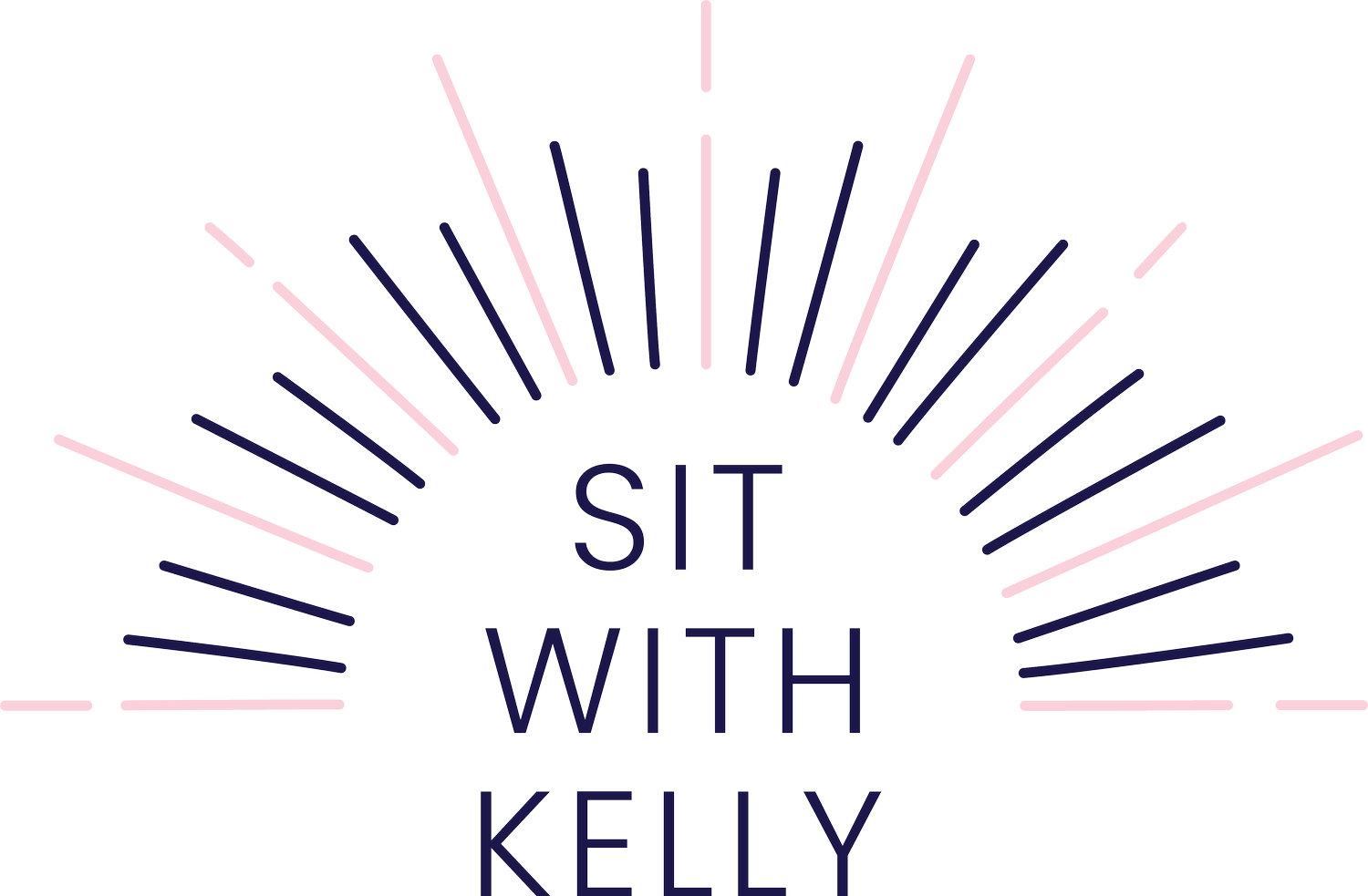Climate Anxiety
Do you ever feel anxious about the future? About what's going to happen to our planet? Many of us do, and that anxiety is only getting worse as we see the devastating effects of climate change.
We're living in an era where the future of our planet is uncertain. This is causing a lot of fear and anxiety among people everywhere. But for younger generations, it can be especially difficult to deal with. We're the ones who are going to have to live with the consequences of our actions, and they're already feeling overwhelmed and scared.
The Impact of Climate Anxiety
Do you often feel like you have an intense responsibility that you can't do anything about? Does it make you feel powerless and afraid when you think about our planet? Maybe you try not to think about it because it's too depressing, but it seems like trying harder only makes it harder to stop.
This is merely a glimpse into the frequent thoughts of “Gen Zers” and Millennials - a nutshell of what climate anxiety can be like, where the most common emotions surrounding climate change include sadness, fear, anger, powerlessness, and anxiety.
It's distressing for younger generations to know that global warming won't be felt equally among everyone, let alone fought for. It's equally frightening and frustrating to see governments and businesses not doing enough to reduce the effects of climate change. No matter the beliefs or level of concern of those around them, there's no denying the pressures younger generations are under.
The truth is that climate measures should be a priority if there will be a sustainable planet for future generations to live on. As far as the other truth - the sad and scary one - the younger generations are more concerned than any others.
The extreme worry over climate change experienced by younger generations can lead to psychological distress. As the global temperature rises, so do mental health concerns, whether directly experienced events or future climate change concerns.
Climate change and anxiety are major influences in the lives of teens and young adults when it comes to big decisions. For instance, many feel pressured to follow certain career paths or diets, prioritizing political activism and veganism over other passions and interests. Many are now choosing not to have children over fears of impending disastrous conditions.
These days, most "climate-aware" populations are also climate anxious, and it makes sense. But where does that leave us? Well, if climate anxiety has the power to dictate our individual futures, can’t we also channel its power for other future changes?
Coping with Climate Anxiety
Often in the mental health world, we talk about anxiety in terms of catastrophic thinking and teach ways to reframe or change these thoughts. But this is a different world we're living in today. And while, like generalized anxiety, climate anxiety involves fears of the unknown, it also encompasses a wide range of emotions that any climate-aware person can experience.
Having eco-anxious thoughts is more of an adaptive way of thinking than a catastrophic one. In other words, climate anxiety is a normal, rational response. So, where do you go from here? - When your thoughts assume the worst will happen, but the worst is actually happening before your eyes?
One of the most helpful things you can do is talk about it.
In some cases, climate anxiety can leave you so paralyzed by fear that it's hard to act. This can contribute to greater stress and pressure. For others, it's easier to channel fear and frustration into activism, but probably because they’ve already learned the tools to achieve this. And while it's reasonable to want to prioritize the climate right now, it's equally important to prioritize yourself.
So whether it's talking to friends or a therapist, you don't need to have other goals or motives to open up about your feelings. Mitigating the effects of climate change on your well-being is a necessary step in a sustainable future for the planet, yes - but also for yourself.
Remember: this post is for informational purposes only and may not be the best fit for you and your personal situation. It shall not be construed as legal, financial, or medical advice. The information and education provided here is not intended or implied to supplement or replace professional advice of your own attorney, accountant, physician, or financial advisor. Always check with your own physician, attorney, financial advisor, accountant, or other business or medical professional before trying or implementing any information read here.

